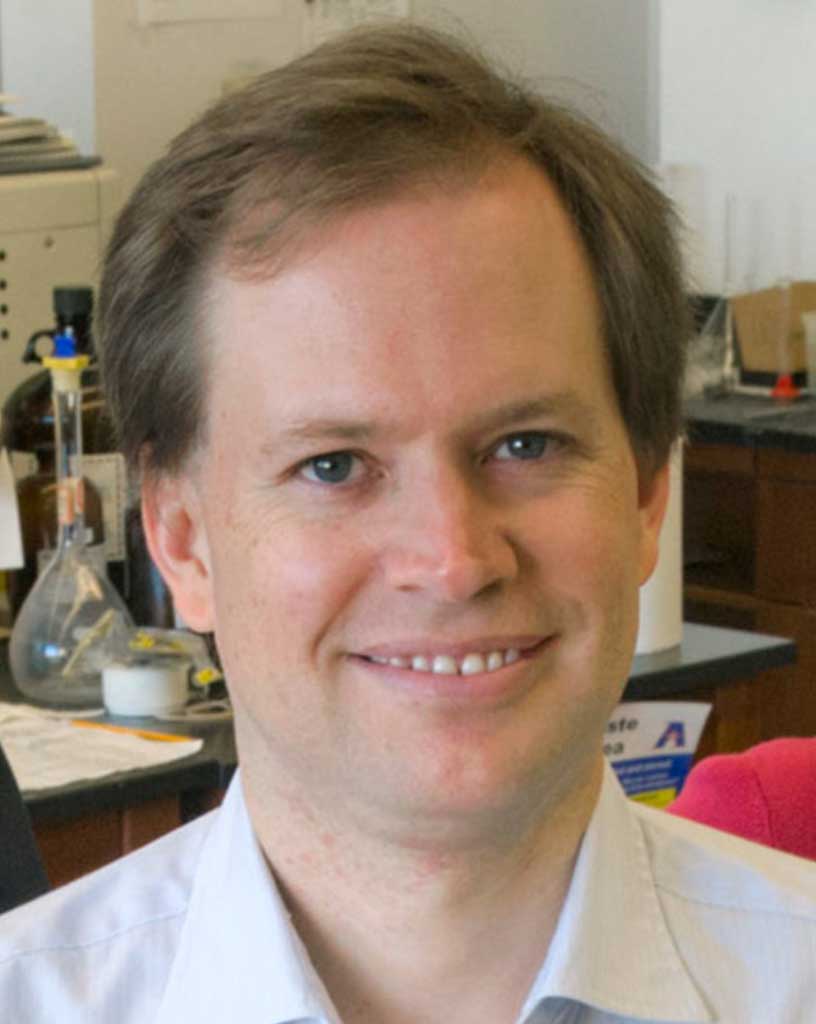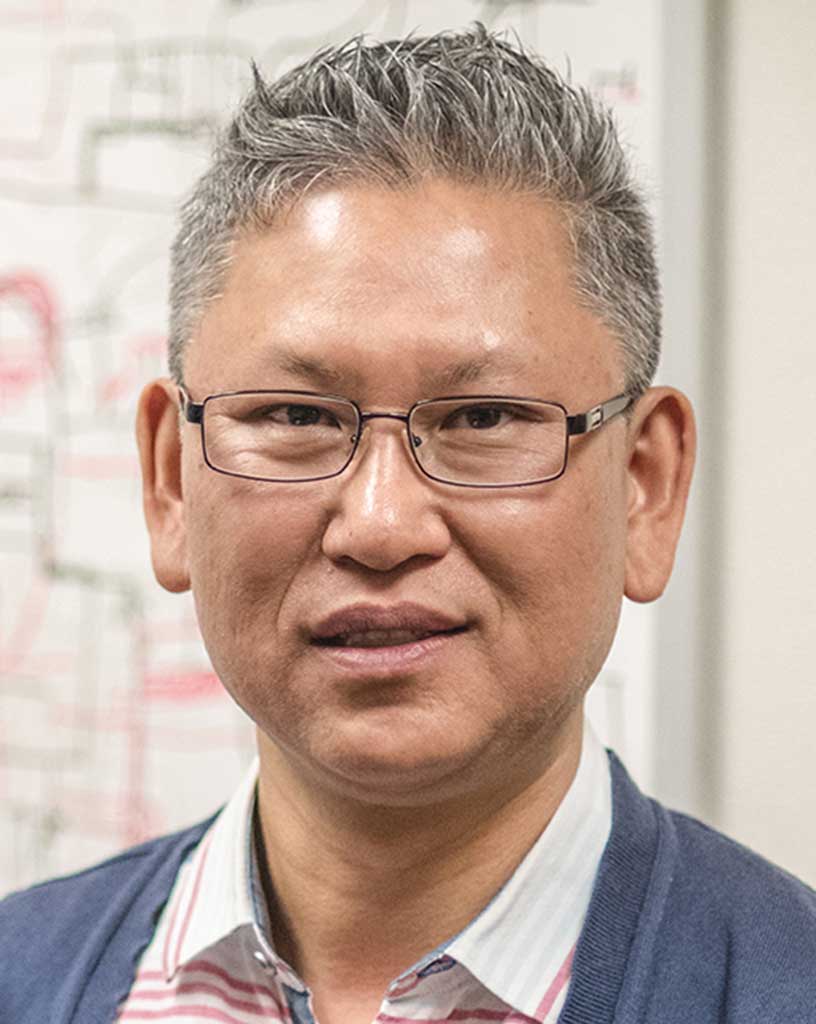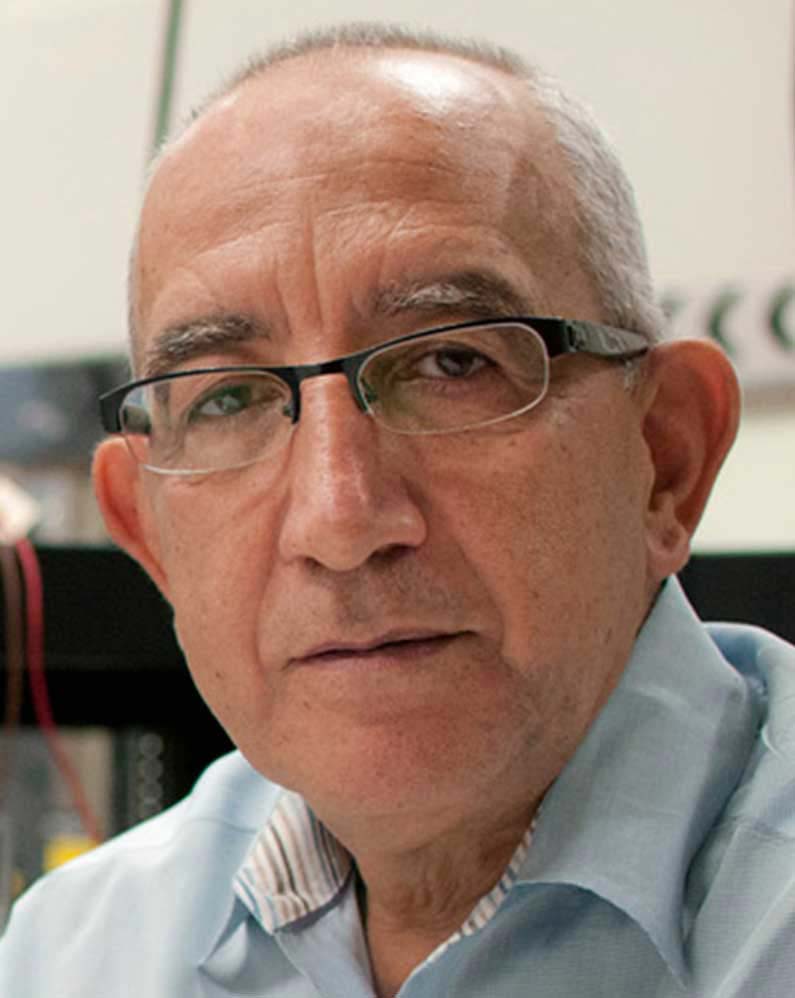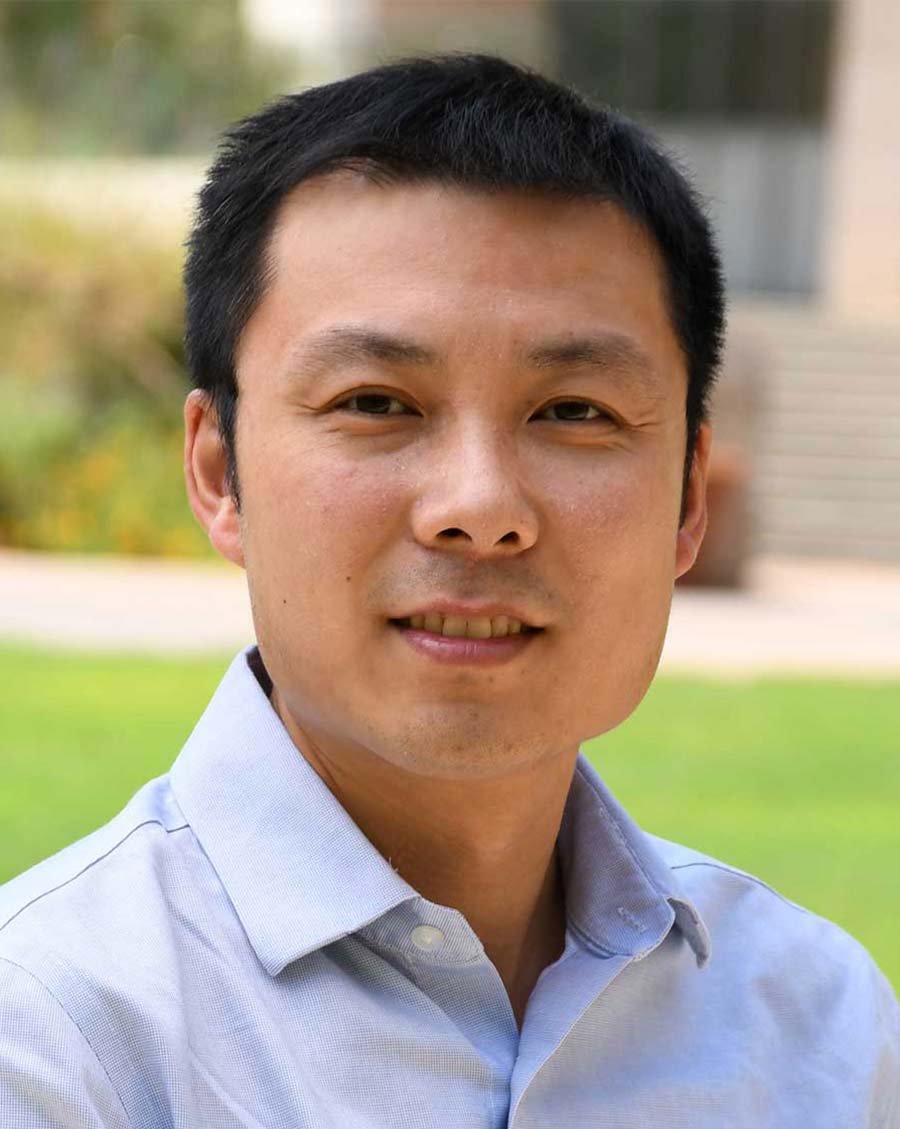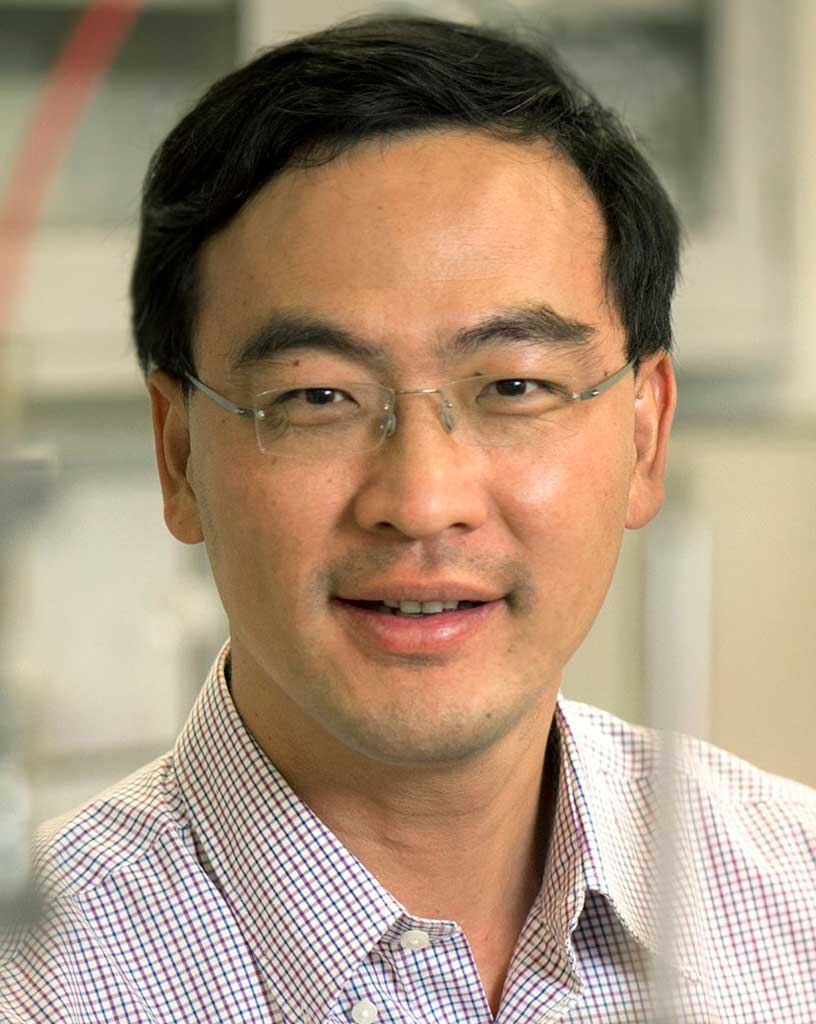634 Nedderman Hall
Box 19019
416 Yates Street
Arlington, TX 76019-0019
Energy Management and Sustainability
Recent Highlights

Center for Energy-Smart Electronic Systems (ES2)
With facilities at UTA, Binghamton University, Villanova University, and Georgia Institute of Technology, the Center for Energy-Smart Electronic Systems, a National Science Foundation Industry/University Cooperative Research Center (I/UCRC), works in partnership with government, industry and academia to develop methodologies for efficiently operating electronic systems, including data centers, by controlling resources and managing workloads to achieve optimal energy consumption.

Electronics, MEMS, & Nanoelectronics Systems Packaging Center (EMNSPC)
The EMNSPC focuses on developing and studying conventional and novel data center cooling technologies and determining the effects of environmental conditions on IT equipment reliability at the server and package level.
Resources
Center for Energy-Smart Electronic Systems
Data center sustainability, availability and system energy optimization, holistic IT load management and control, air cooling systems, control and optimization, warm water liquid cooling, two-phase and immersion cooling, waste energy harvesting, power distribution and storage. Embedded cooling Electronics cooling lab, two 625-square-foot data center lab facilities.
Center for Renewable Energy and Science Technology
Converting lignite to low-cost crude oil, converting natural gas to sulfur diesel and aviation fuel, anotechnology-based reactors for converting plant fats to liquid fuel, low-cost solar photovoltaic devices, energy harvesting from wind and hydro sources, portable fuel cells, CO2 conversion to liquid fuels technology, conversion of biodiesel production byproducts to useful products.
Electronics, MEMS and Nanoelectronics Systems Packaging Center
Data center contamination, liquid cooling, immersion cooling, reliability. Viscometer, wind tunnel, DMA, TMA, polarizing microscope, environmental chamber.
Pulsed Power and Energy Lab
Pulsed power sources and loads, high-voltage dielectric breakdown, electrochemical energy storage, mechanical energy storage, electric power delivery systems, microgrids, and power electronics. Equipment?
Solid Waste Institute for Sustainability (SWIS)
SWIS is an Organized Research Center of Excellence dedicated to developing clean and healthy urban cities through sustainable waste management. SWIS combines science, engineering, and social science expertise to develop new methodologies and solutions that allow researchers to explore international paths to sustainable waste management. SWIS works for a better future by developing sustainable solid waste management that incorporates the economy, people and environment which will be beneficial to all.







